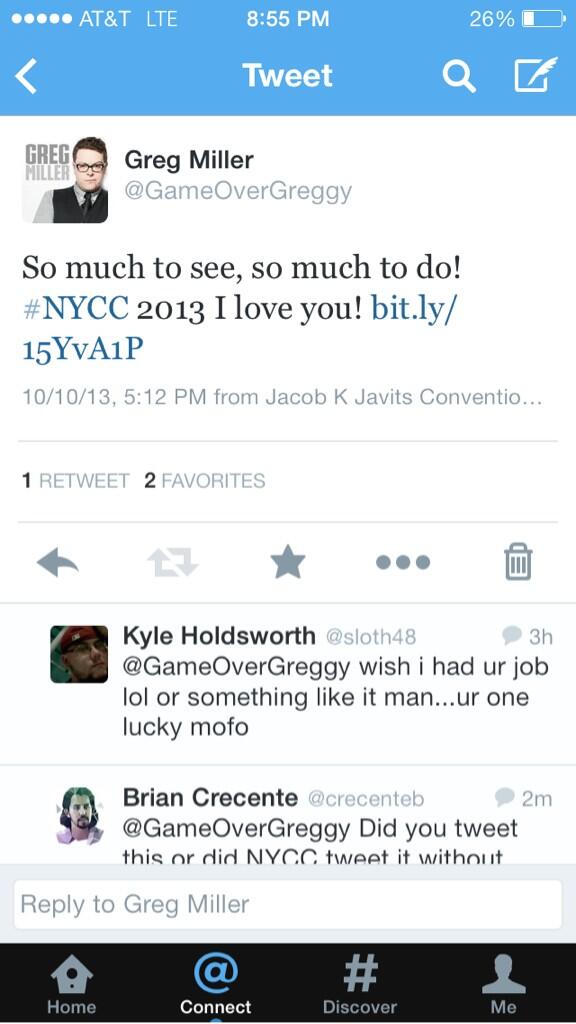Chad Robley
Co-founder & CEO
Users produce content. It doesn’t necessarily mean you, as a platform, are given free rein over it to use as advertising (according to California law). After losing in court and a cool $20 million settlement later, Facebook has learned its lesson: obtain the user’s consent and clearly state that a user’s shared content will possibly appear in an advertisement (in Facebook’s case, “Sponsored Stories”). Users don’t like being jerked around with their shared, but still personal content.
You’d think New York Comic-Con would have learned something from this legal fiasco.
This past October, attendees of the New York Comic-Con noticed that their Twitter accounts were tweeting ghostwritten, overtly enthusiastic, praise for this year’s Comic-Con. The tweet included some ecstatic, positive observation about the event, the designated hashtag, #NYCC, and a link to the event’s Facebook page. Much to no one’s surprise, these users were less than happy about their Twitter accounts being hijacked by the event’s organizer, ReedPop. Trust, diminished.

So, how exactly did these accounts get hijacked? By pre-registering their RFID-enabled badges online and connecting their social media profiles to their badges. NYCC/ReedPop accessed these accounts and essentially spammed the hijacked users’ follower’s feeds with uncharacteristic enthusiasm about this year’s New York Comic-Con. As stated early, users like to own their accounts and produce their own content.
Fortunately, the event’s organizer heard the masses and shut down the feature and the show went on in the Big Apple.
However, I’m imagining the repercussions of this whole fiasco to be dire. New York Comic-Con/ReedPop created a lack of trust by taking advantage of users and their willingness to hand over their personal social media accounts. With some foresight, NYCC should have gained permission from users and crafted a pre-written, editable tweet and ask users to tweet out, on their own, their enthusiasm for attending the New York Comic-Con upon registration.
Here’s to hoping that San Diego Comic-Con’s event organizers don’t make the same mistake.